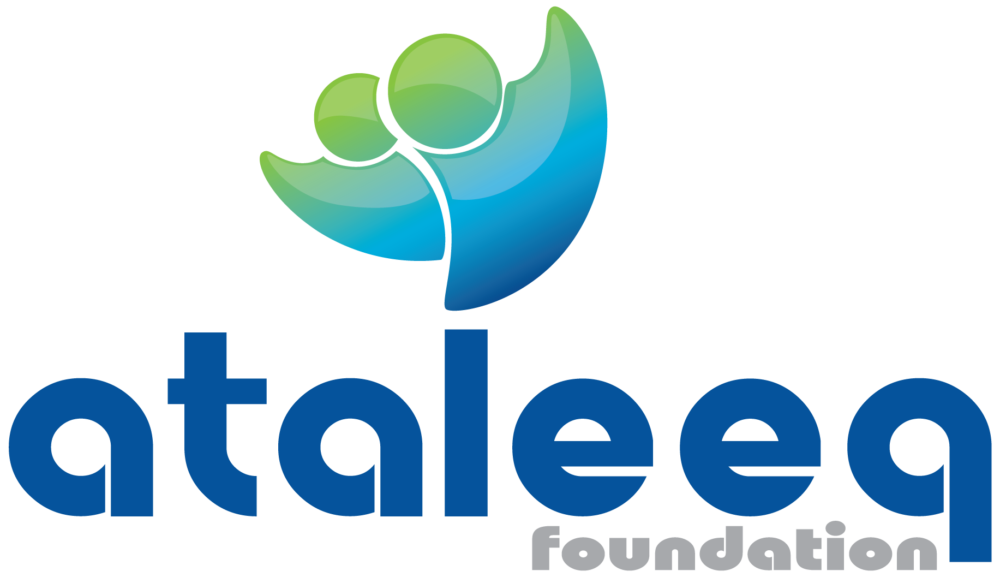Developing Street Children through Literacy
Introduction
The term street children refers to children for whom the street, more than their family, has become their real home. It includes children who might not necessarily be homeless or without families, but who live in situations where there is no protection, supervision, or direction from responsible adults. Human Rights Watch
Pakistan is facing a serious challenge to ensure all children. Currently, Pakistan has the world’s second-highest number of out-of-school children (OOSC), with an estimated 22.8 million children aged 5–16 not attending school, representing 44 percent of the total population in this age group. In the 5–9 age group, 5 million children are not enrolled in schools, and after primary school age, the number of OOSC doubles, with 11.4 million adolescents between the ages of 10 and 14 not receiving formal education.
Issues and Challenges
As these children have no proper literacy and learning route, they are exposed to a number of issues, especially millions of the kids who are ‘on the street”:
- They are exposed to numerous threats, from emotional to sexual harassment to physical ailments
- As they are without any supervision, they are always the soft and successful targets of criminals, molesters, and negative elements of society.
- They are without any proper skill, making them a burden as they grow up, as they have limited options for employment
And many, many more!!!
The Ataleeq Foundation has been working with many social organizations in the country to address the critical issue of street children and transform their lives. This project harnesses the research and development expertise of the Ataleeq Foundation and the resources of partner organizations to design and implement a comprehensive development model for street children, ultimately enabling them to become productive and empowered citizens.
The project recognizes the urgent need to provide support, guidance, and opportunities to street children, who often face numerous challenges and limited access to education and essential resources. By leveraging the combined strengths of the Ataleeq Foundation and our partner organizations, we aim to create a sustainable and effective model that will address the multifaceted needs of these children, including education, vocational training, life skills, and personal development.
Objectives:
The project seeks to achieve the following objectives:
- Conduct thorough research and development to create an effective and sustainable development model for street children.
- Developing volunteers to become mentors for street children.
- Provide non-monetary support, including cost-to-cost materials, to ensure the smooth operation of the program.
- Raising funds to secure recurring financial support for the project.
Key Components:
- Research and Development:
The Ataleeq Foundation will continue its in-depth research to develop an effective and sustainable development model for street children. This model will encompass various aspects, such as education, vocational training, life skills, and personal development.
- Training and capacity building:
Ataleeq Pakistan trains volunteers or mentors of the partner organization in implementing the development model. The training will focus on effective teaching methodologies, child psychology, mentorship, and fostering a positive learning environment.
- Support:
The Ataleeq Foundation, then, provides the cost-to-cost materials required for the education and development of street children.
Benefits and Expected Outcomes:
- Enhanced Social Integration:
The project’s goal is to foster social integration by offering educational opportunities and life skills to street youth. We foresee a world in which these kids may actively participate in and contribute to their communities, establishing a sense of belonging and social cohesiveness by giving them the tools they need to become productive citizens.
- Reduced susceptibility and exploitation:
The project intends to lessen the susceptibility of street children to exploitation, such as child labour, human trafficking, and other forms of maltreatment. These children will have better prospects of establishing respectable and long-lasting livelihoods if they are given the necessary knowledge and abilities.
- Long-term social impact:
Working together with partner organizations, the Ataleeq Foundation aims to develop a model that can be used again to meet the needs of street children. We hope to influence policy conversations, encourage related efforts, and promote long-term social impact beyond the immediate project area by documenting best practices, lessons learned, and successful outcomes.
